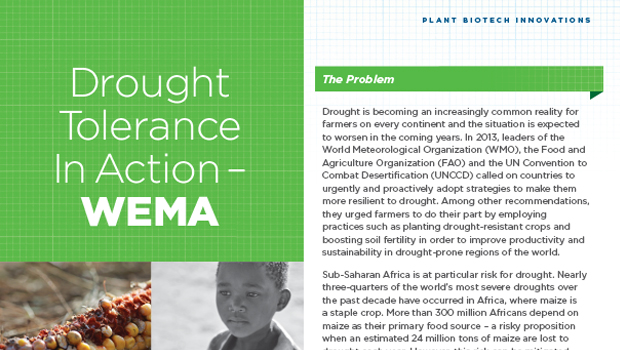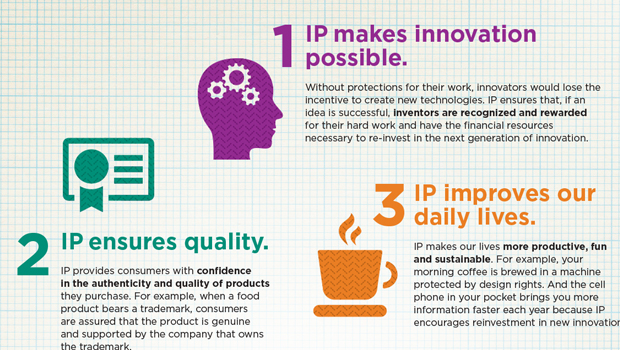June 3, 2015
Battling Drought through IP
Drought is becoming an increasingly common reality for farmers on every continent and the situation is expected to worsen in the coming years. Droughts can be devastating to a grower’s harvest as their plants are starved of essential water resources. As the impacts of climate change grow each year, increasingly volatile weather conditions and more frequent and severe droughts will threaten farmers’ ability to provide a steady food supply.
The Water Efficient Maize for Africa (WEMA) project, is a leading research project for addressing drought in Africa, and demonstrates how facilitating the sharing of technologies through IP tools like licensing can help us meet the challenges of drought and ensure a more food secure future.
WEMA is a collaboration between public and private sector institutions to develop drought-tolerant maize seeds for East African farmers susceptible to drought. Nearly 300 Africans depend on maize as their primary food source, so improving this crop is essential to feeding a growing population on the continent. Organizations like Monsanto and the International Maize and Wheat Research Organization have donated traits and germplasm to the WEMA project, royalty-free, through licensing agreements to help address this underserved need. These essential technologies are being used by WEMA to develop drought-tolerant seeds tailored to African soils and climate.
Without IP, these organizations would have no mechanism for donating their technology, and WEMA would not be possible and farmers might never see this technology in action. To learn more, download the Drought Tolerance In Action – WEMA case study






